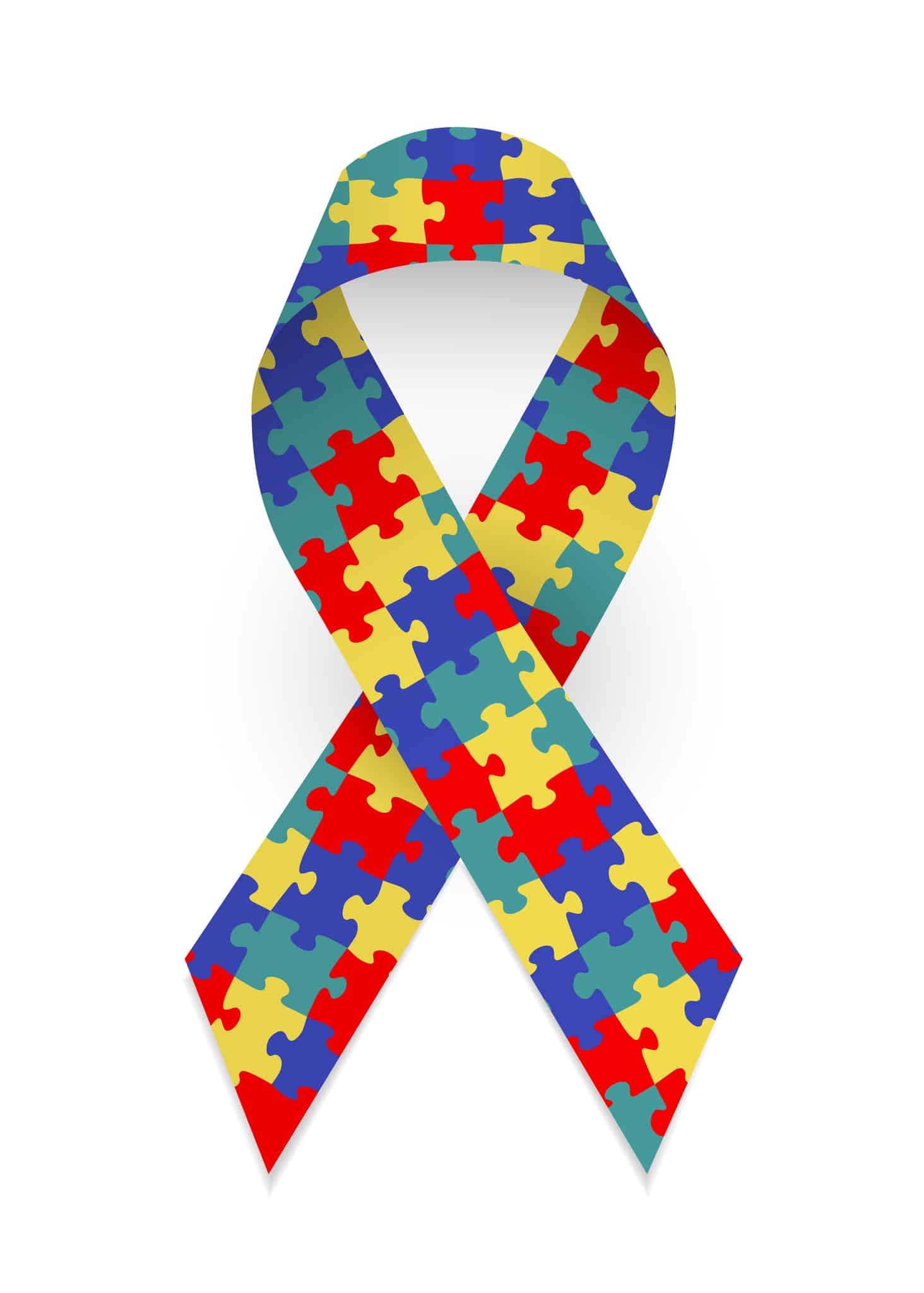Autism-Friendly Dentist In NYC
Many people on the autistic spectrum have a difficult time dealing with the dental environment. This is partly due to differences in how people on the spectrum experience, understand, and interact with the world in general.
For most people, dental visits often require patience with a process that can be noisy, intrusive, or restrictive for anyone. New sights, smells, sounds, and emotions can add to the challenge. Dr. Siegelman is an autism dentist in New York City that can help.
The question is: what can be done to help patients and caregivers navigate this process with a minimum of angst?
Our Autism Dentist Understands the patient
In our New York City office, we’ve found that gaining the best possible understanding of the patient is the most critical ingredient for success. People on the autistic spectrum are unique individuals, with specific likes, dislikes, and things they will tolerate.
It’s important to spend the time with the patient and caregivers, to determine their needs, and establish rapport. Preventive dental care and maintenance are emphasized so that patients need the least amount of invasive procedures possible
Many patients simply require introducing new dental experiences at the patient’s own pace to allow for accommodation to changes in routine. Other patients may require some sedation to allow for better quality dental care. Sedation can be given by a pill or an elixir; or intravenously, depending on the extent of the dental care, the patient’s medical history, and the degree of cooperation the patient is able to provide.

Whichever technique is required, patients will be made comfortable and monitored for their safety. Treatment decisions are made in consultation with parents, physicians, and our team to ensure that all the patient’s needs are considered.
How can Dr. Siegelman reduce the stimuli in the office for a patient on the spectrum?
As a dentist and dental anesthesiologist who has provided care to many patients on the autism spectrum, Dr. Siegelman has several strategies for making dental visits more pleasant and productive. In our office, some of the ways our team can provide comfort and reduce stimulation include:
- Placing a warm, cozy blanket over the patient.
- Having the patient wear headphones with their favorite music.
- Having them wear darkened glasses like sunglasses during their treatment.
- Create a peaceful environment in which the doctor and team maintain a calm, soothing tone and volume when speaking to the patient and to one another.
- Using a quiet electric handpiece when conducting dental treatment.
- Distraction. Some patients find dental visits more tolerable when they can watch their favorite show or hold an object in their hands. Fidget toys can be helpful as long as the patient can sit still while moving their hands.
- Positive verbal reinforcement reminds patients that they are doing well and are in a safe, friendly environment.
- Sedation. Studies have found that oral conscious sedation, IV sedation, and general anesthesia can be very beneficial for patients on the autism spectrum. Nitrous oxide is available in our office, but patients on the spectrum tend to do better with alternative methods that do not require the constancy of a nosepiece delivery port. We have several sedation options to meet the needs of each individual. Sometimes, patients need to work their way into a full dental exam and cleaning. Our team understands that autistic patients may have a low threshold for the unknown, so we are happy to work with families on desensitization. For example, sometimes, the first visit to the office may be limited to a tour and a friendly hello. The first time sitting in the dental chair may be limited to a few minutes with no examination. Our priority is providing every patient with the care they need in the way they can receive it comfortably.
Patient Testimonial
"I am someone who truly experiences dental phobia. This left me with severe dental issues. I can’t begin to explain how happy I am to have found this dental practice. I have had major work done her over the years with no issues at all. The entire staff is warm and welcoming. They explain all planned work and listen to, and address, all of my concerns. They understand my fears and do everything possible to alleviate them. I can smile again! I highly recommend this practice!"
How can people on the Autism Spectrum prepare for a dental Visit?
Sometimes the most challenging part of seeing the dentist might be the unpredictability of the experience. Families of autistic patients can prepare for dental visits by reducing the mystery around what to expect. This can be achieved by showing pictures or videos to the patient beginning weeks before their visit. It is helpful for some patients to see images or videos of our very building and office, including the staff they will meet, the x-ray machine and how it works, and the dental chair they will sit in.

Additionally, it may be helpful to brush the patient’s teeth at home to demonstrate to them what the dentist or hygienist will do in the office. A “trial run,” if you will. A parent or loved one can also prepare the patient regarding what they can do while the dentist works, such as listening to music or watching a show. It may also be helpful to give the patient a picture to hold onto that shows them the reward they will get for seeing the dentist, such as a new toy or favorite food.
Why Sedation Dentistry Is Safe For Patient On The Spectrum
Yes. Dental sedation can be as safe for the autistic patient as it is for anyone else. Our NYC practice was established with the safest protocols in mind. Dr. Siegelman is a dental anesthesiologist with years of experience as a clinician and educator.
The safety record of advanced anesthesia services provided by dentist anesthesiologists is unsurpassed in today’s healthcare industry. We provide the utmost care with a great deal of confidence and commitment to patient safety.
Can Patients On The Spectrum Opt For Sedation When Getting An X-Ray?
Certain types of dental sedation may be included in various aspects of care. For dental x-rays, a patient may receive oral conscious sedation to calm the nervous system without putting them “to sleep.” Every situation is unique and careful planning may be necessary to assist patients with dental x-rays. We are happy to discuss this over the phone prior to your appointment.
What Conditions Does Dr. Siegelman Typically See And Treat In Patients On The Spectrum?
Patients on the autism spectrum have a surprisingly low rate of cavities compared to others. However, the risk for this condition is not lower, so good oral care and routine checkups and cleanings remain of vital importance to long-term oral health. Some of the conditions that dentists often see with patients on the spectrum include hyperactive gag reflex, dry mouth, tooth erosion, tongue-thrusting, and bruxism.
Do Children With Autism Face Increased Oral Health Risks?
Patients with autism experience difficulty handling all the sensory inputs that involve dental work. Not only this, but simple tasks such as brushing and flossing their teeth each morning and night may feel too overwhelming. Many medications that need to be taken by autistic patients can also have dental implications or impact the health of the teeth. Behaviors such as nail biting, gum biting, tooth grinding, or the need to eat sweet foods to feel comforted or rewarded may also affect their oral health. Because of this, patients with autism are often at an increased risk of developing cavities, tooth decay, crooked teeth, gum disease, and trauma to the mouth.
How Can I Help Support My Autistic Child At the Dentist?
Supporting your child at their dentist appointment can allow them to feel more comfortable as they are getting their teeth cleaned. Here are a few tips that parents can follow to help their child while visiting the dentist:
- Lead by example. In addition to special patient care, Dr. Siegelman provides treatment for adult patients in general dentistry. If you are also due for a dental checkup, it may be comforting for your child to see you in the dental chair first, getting your teeth cleaned, so they understand there is nothing to fear.
- Prepare the dental staff about the best way to communicate with your child. Our staff and Dr. Siegelman are open and understanding to the special needs of each child, especially when it includes how to communicate with them.
- Allow your child to bring a comfort item to their visit.
- Stay in the room with your child so they know you are there if they ever become overstimulated.
- Always visit the same dentist to help establish normalcy for your child. A child getting to know their dentist can help them feel familiar and comfortable each time they go for dental treatment.
How Does Autism Affect Dental Care?
While autism is a complex developmental disability, there isn’t a medical link between autism and oral health conditions. Instead, it may be the behaviors, actions, and lifestyle of a patient with autism that can affect the health of their mouth, teeth, or the way their smile appears. For children with autism, especially, it’s essential to find a doctor who understands the needs of a patient on the spectrum.
Schedule an Appointment In NYC, NY Today!
Please contact our New York City office for more information about the services we offer to our patients. You can call our office (212) 974-8737 or fill out a Contact Form here.

